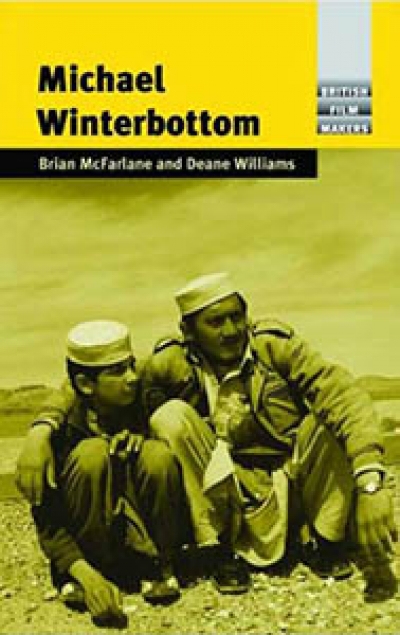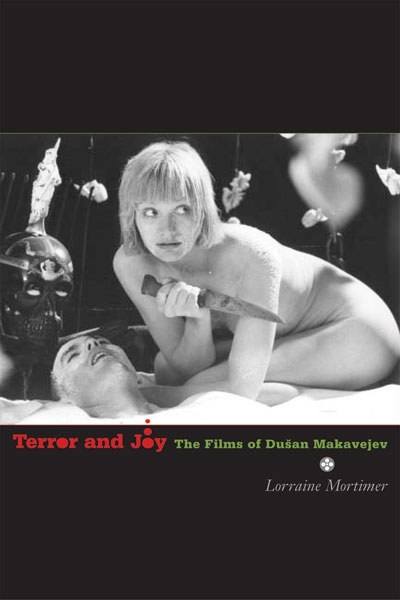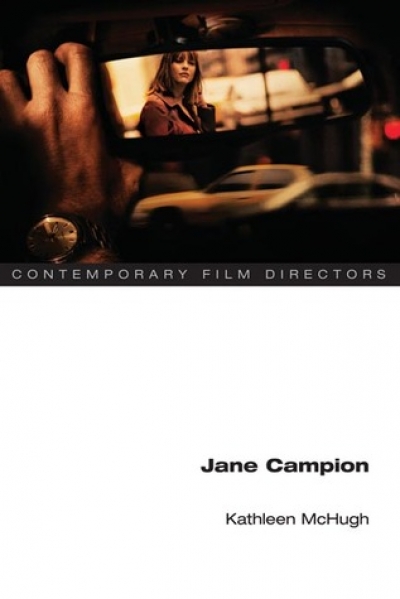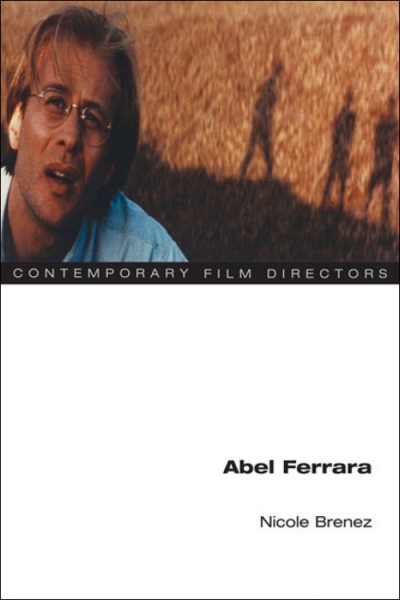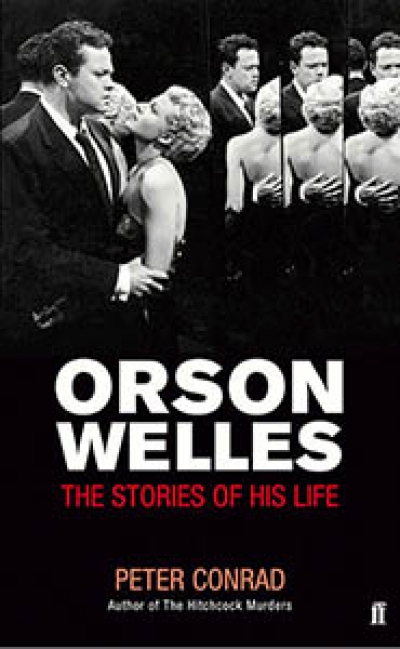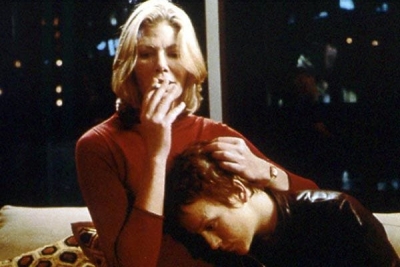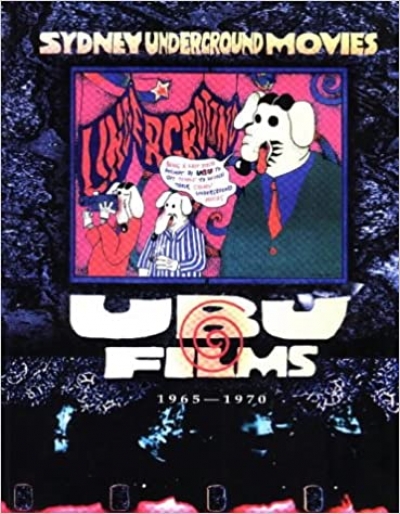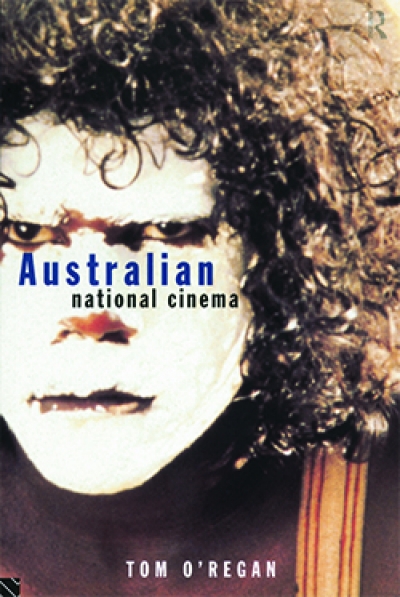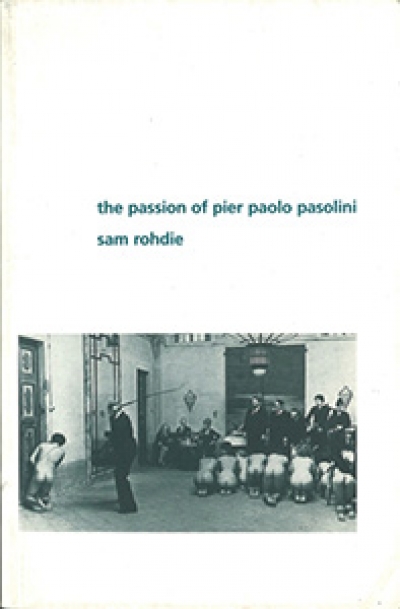Film Studies
Terror and Joy: The Films of Dušan Makavejev by Lorraine Mortimer
‘It wasn’t like that in the book’ is one of the commonest and most irritating responses to film versions of famous novels. Adaptation of literature to film seems to be a topic of enduring interest at every level, from foyer gossip to the most learned exegesis. Sometimes, it must be said, the former is the more entertaining, but this is no place for such frivolity.
... (read more)La Trobe University Essay | 'Infidelity: "The Monkey’s Mask" in Poetry and Film' by David McCooey
Movies are often criticised for their lack of fidelity, for not keeping faith with their sources, especially novels, their audience, or their glorious antecedents. Infidelity is also a key plot device, especially of genre films: melodrama, comedy, crime, even the western. We keep going back to the movies partly because they don’t give us what we want. The New York poet Frank O’Hara suggests this in ‘An Image of Leda’, his breathless adaptation of the myth of Leda and the Swan as an allegory for watching films:
... (read more)
